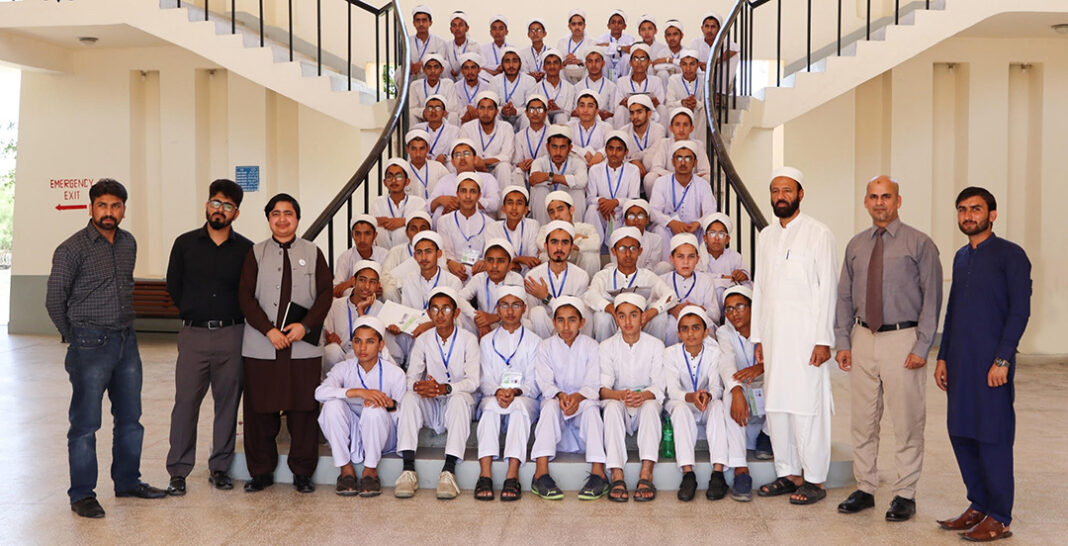By: Muhammad Ismail Khalid Yousaf

While AI promises advancements across all areas of life, it concurrently introduces substantial challenges with disinformation, such as deep fakes, risks to identity and intellectual property, and notably, the accelerated circulation of fake news. Additionally, there looms another challenge in hindsight related to AI’s standard of evidence used by students in educational institutes.
Subtypes of AI like Large Language Models (LLMs), including CHATGPT, Meta AI and Gemini, serve as formidable educational tools, having shown capabilities to clear rigorous tests like the United States Medical Licensing Examination (USMLE) and the Arizona Uniform Bar Examination. These models, representing a seismic shift in information access, offer rapid responses yet carry an unwritten caveat: their outputs may not always be reliable. Moreover, it’s been noted that the references and citations these LLMs offer can be even self-generated and not authentic.
A notable publication highlighting this issue was reported in October 2023 by Cohen et al. in the esteemed “Headache Journal”, the top journal in Headache Medicine from the USA. Authors investigated CHATGPT’s responses on migraine prevention medications and found that out of 119 citations provided, 77 (65%) were fabricated by the LLM.
Similarly, educational institutions are navigating a challenging landscape that extends beyond just verifying the submissions via exams and assessments are not AI-generated. They must validate the authenticity of these submissions and teach students how to evaluate the quality of information while ensuring critical thinking.
To meet these challenges head-on and responsibly integrate AI into our educational system, there’s a growing need to incorporate evidence ladders through the introduction of research methodologies into the higher secondary school curriculum. This will foster a culture of teaching students about the significance of relying on evidence-based research from an early age. For instance, illustrating why systematic reviews and meta-analyses have higher forms of evidence compared to weak forms of evidence like commentaries and case reports, thereby promoting informed analytical reasoning. Additionally, encouraging research writing workshops for both teachers and students.
Such an approach not only aids in discerning the reliability of sources but also in debunking cultural and non-scientific myths. As AI technology continues to evolve, educational institutions must establish clear guidelines for the constructive use of Large Language Models (LLMs) and other AI tools.
The inevitability of the AI revolution makes it imperative to provide guidance that can lead to responsible adoption in educational settings. Taking proactive steps to adapt to technological advancements will be crucial for successfully navigating this emerging landscape.
The writer is a distinguished Headache Medicine Fellow and advocate at Dell Medical School, UT Austin. Specializing in tension-type headaches, he brings expertise and dedication to advancing awareness and patient care in the field of headache medicine. He can be reached at [email protected]








